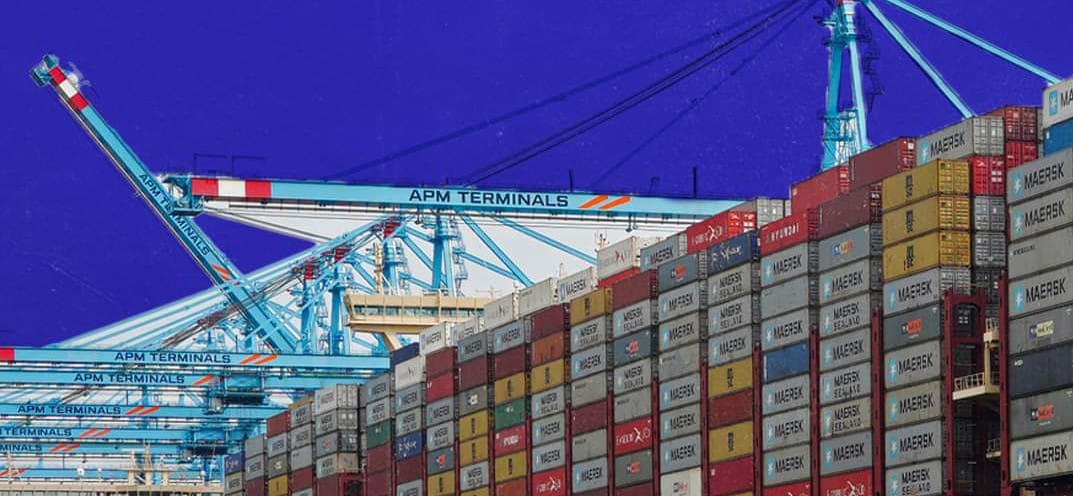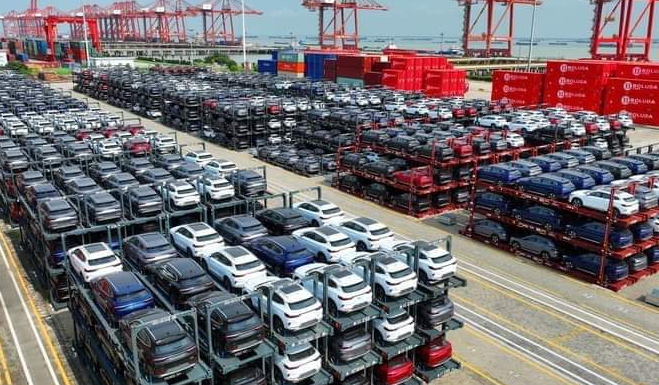Casablanca – The Moroccan government has introduced significant tax reforms in the 2025 Finance Law, aiming to broaden the tax base, enhance fairness, and stimulate economic growth. These changes, coupled with ongoing tax policy adjustments since 2020, have led to a substantial increase in tax revenues, raising collections from $20.5 billion in 2020 to $30.9 billion in 2024. While these measures strengthen public finances, they also raise concerns about their long-term economic impact, particularly on individuals and businesses.
Key changes in the 2025 finance law
Income tax adjustments
The new law revises personal income tax brackets to ease the burden on middle-income earners. The tax-exempt income threshold has increased from $3,093 to $4,124, while tax brackets have been restructured as follows:
- Up to $4,124: 0%
- $4,125 to $6,186: 10%
- $6,187 to $8,247: 20%
- $8,248 to $10,309: 30%
- $10,310 to $18,557: 34%
- Over $18,558: 37%
Additionally, the deduction per dependent has increased from $37 to $52, with a maximum allowable deduction of $309 annually. These changes aim to boost household purchasing power and reduce income disparities.
Corporate tax and business compliance
Corporate tax policies have been revised to improve transparency and ensure fair contributions from businesses. Joint ventures with at least five individual partners or one corporate entity will now be subject to corporate tax starting in January 2026, while economic interest groups will be included in the corporate tax framework from January 2025. These measures aim to close loopholes and enhance tax compliance.
Real estate taxation reforms
The 2025 Finance Law introduces several changes in real estate taxation to increase state revenue and regulate the property market:
- Capital gains tax on property sales: Property owners selling real estate assets will face revised capital gains tax rules, with rates adjusted based on the sale price and duration of ownership. The goal is to curb speculation and ensure fair taxation on real estate profits.
- Vacant land taxation: To discourage land hoarding, a new tax is introduced on vacant urban land, incentivizing development and preventing speculative price inflation.
- Rental income taxation: Stricter enforcement of rental income tax has been introduced, ensuring landlords properly declare their earnings.
- Transfer tax adjustments: Lower transaction taxes on affordable housing purchases are maintained to support homeownership, while higher-end property transactions face increased duties.
These measures seek to stabilize the real estate market, promote property development, and increase tax revenues from real estate transactions.
VAT and indirect tax modifications
To support key sectors and streamline tax collection, the Finance Law introduces targeted VAT adjustments:
- Education and Training: Capital goods for private education and professional training are now VAT-exempt with the right to deduction.
- Electronic Services: Clearer residency criteria for taxation of digital services provided by non-residents have been established, based on Moroccan billing addresses, payment methods, and IP locations.
- Import Exemptions: A temporary 2025 VAT exemption applies to specific live animals, meats, cargo rice for industrial use, and virgin or extra virgin olive oils to stabilize market prices.
Rising tax revenues and economic impact
Morocco’s fiscal reforms, including expanding the tax base and stricter audits, have significantly increased government revenues. New sectors, such as agriculture and digital content creation, have been brought into the tax system, while enhanced tax audits have helped curb evasion.
Tax amnesty programs have also contributed to revenue growth, allowing individuals to declare previously hidden income without penalties. While these initiatives provide short-term financial gains, they risk encouraging future tax evasion if businesses and individuals anticipate similar relief measures in the future.
IMF recommendations and fiscal outlook
The International Monetary Fund (IMF) has acknowledged Morocco’s tax reforms, noting that they have outperformed revenue expectations and helped reduce the budget deficit to 4.1% of GDP in 2024, below the initial 4.3% forecast. The IMF recommends using increased revenues to accelerate debt reduction while continuing efforts to expand the tax base and optimize public spending.
Balancing growth and fiscal responsibility
With over 90% of Morocco’s state revenue derived from taxes, ensuring a sustainable balance between tax collection and economic growth is crucial. Policymakers face the challenge of maintaining high revenue levels while avoiding excessive burdens on citizens and businesses. Expanding the tax base, enhancing compliance, and improving government spending efficiency remain essential to sustaining social programs and supporting long-term economic stability.
Morocco’s 2025 Finance Law represents a comprehensive fiscal strategy, aiming for greater equity, efficiency, and alignment with global economic trends. However, its long-term success will depend on effective implementation and maintaining a balance between revenue generation and economic growth.
















